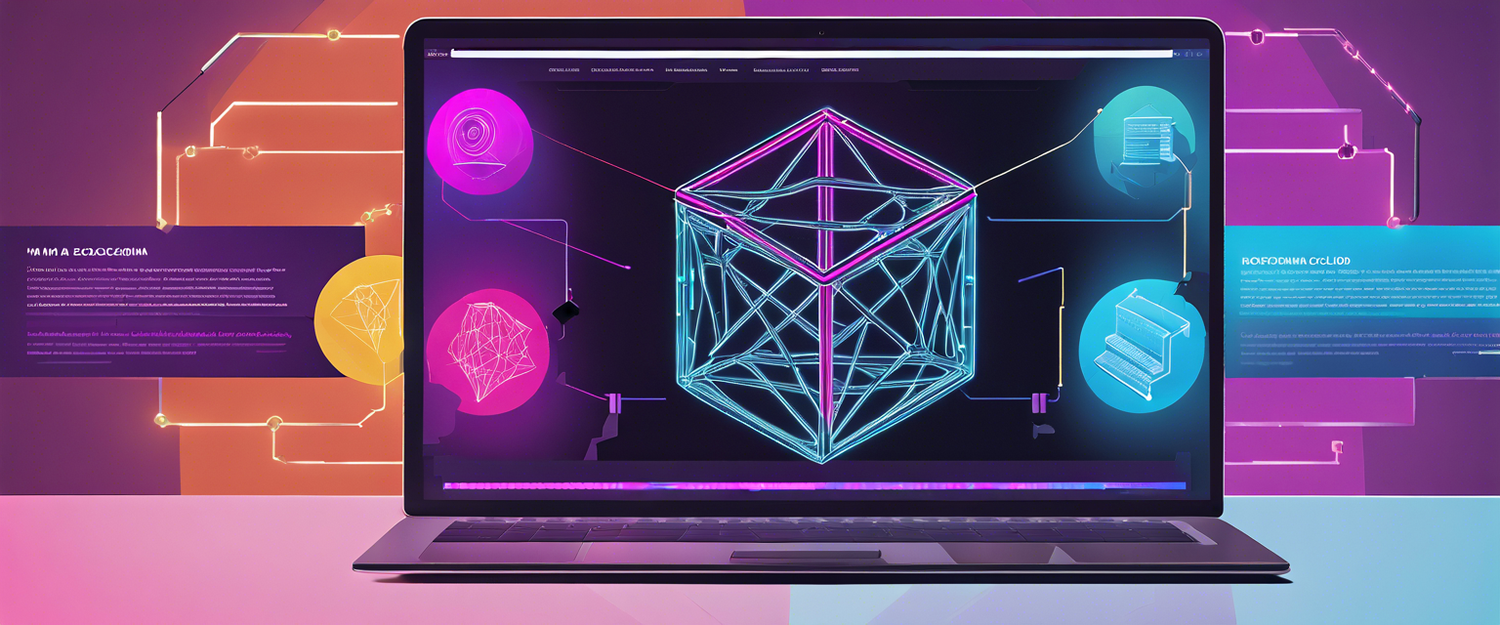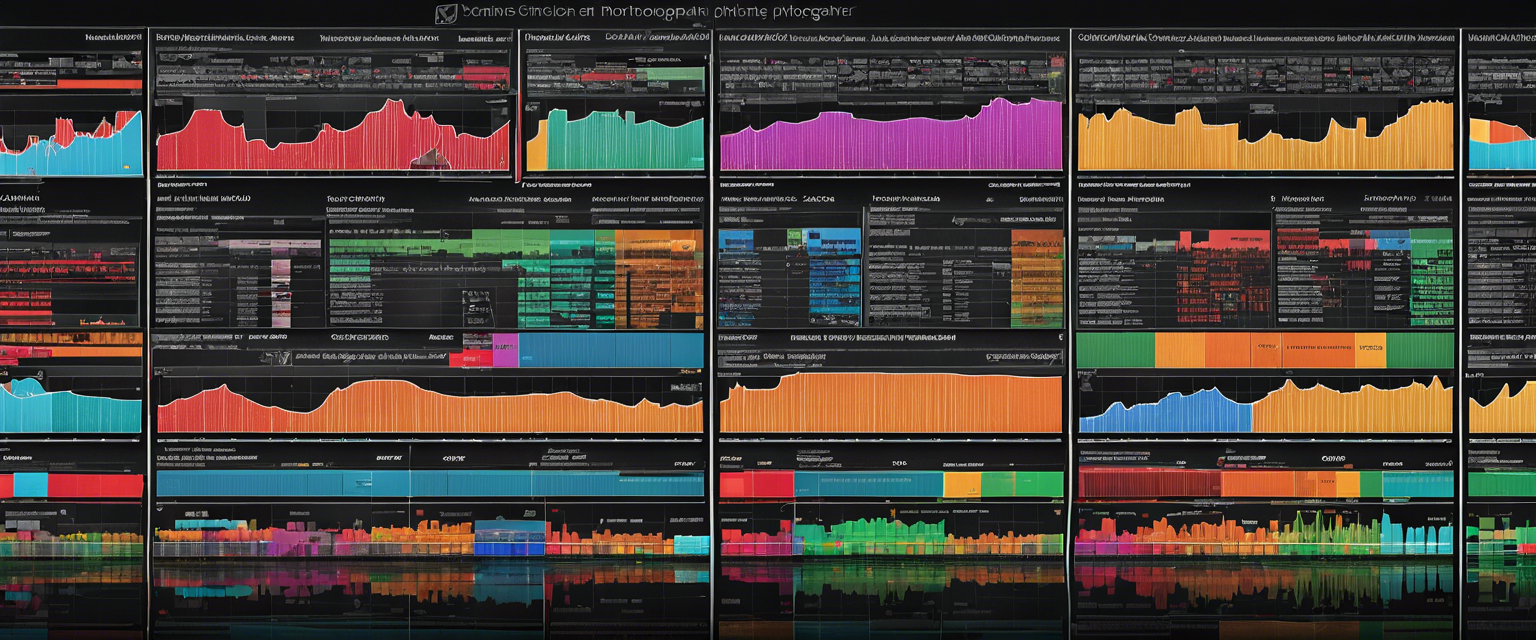Understanding the Urgency of Data Security in the Digital Era
In an age where digital data is the backbone of most industries, the importance of robust data security measures cannot be overstated. As David Attermann, Senior Portfolio Manager at M31 Capital, recently pointed out, vulnerabilities in centralized data networks present significant risks. These risks include single points of failure, which can lead to catastrophic data breaches. It is estimated that global data breach losses may skyrocket to a staggering $10 trillion by 2024.
Recent Data Breaches: Alarm Bells for Global Organizations
Several major organizations have already fallen victim to significant data breaches. For instance, AT&T experienced a substantial breach affecting their customer data. Similarly, a breach in the U.S. health information database compromised sensitive health records, while India faced serious concerns with its biometric data breaches. These incidents highlight the urgent need for improved data protection mechanisms.
The Rise of Generative AI and Its Implications for Data Security
The rapid advancement of generative AI technologies has added a layer of complexity to data security. As AI systems become increasingly dependent on sensitive user data, the stakes rise higher for ensuring data privacy and security. Traditional cloud computing platforms often struggle to provide the necessary levels of data transparency and security.
Introducing the Blockchain-Orchestrated Confidential Cloud (BOCC)
In response to the growing security concerns, the Blockchain-Orchestrated Confidential Cloud (BOCC) has emerged as a promising solution. This innovative architecture combines the robustness of blockchain smart contracts with Trusted Execution Environments (TEEs). The key features of BOCC focus on:
- Verifying data transmission transparency: Ensuring that data is transmitted securely.
- Auditing workloads: Keeping track of operations to enhance accountability.
- Eliminating single points of failure: Distributing data across multiple nodes to reduce vulnerability.
Real-World Application: Super Protocol
An example of BOCC in action is the Super Protocol, which utilizes smart contracts to manage cloud platform resources. This ensures that users’ data and program operations are not only secure but also private. By leveraging such a decentralized architecture, Super Protocol aims to bolster data security in a variety of sectors.
Broader Implications of BOCC Architecture
Beyond just AI cloud computing, the BOCC model can be applied across various industries, including:
- Power Grids: Enhancing security measures for critical infrastructure.
- Digital Voting: Offering verifiable security assurances to protect electoral integrity.
- Military IT: Ensuring the confidentiality and security of sensitive military information.
As organizations continue to navigate the complex landscape of data security, the integration of BOCC technology may provide the defensive measures necessary to counteract some of the most pressing vulnerabilities in traditional data networks.
Conclusion: The Future of Data Security
In conclusion, as data threats evolve, so too must our strategies to protect sensitive information. By adopting solutions like the Blockchain-Orchestrated Confidential Cloud, organizations not only improve their security protocols but also move towards a future where data integrity and user privacy can reign supreme. Businesses must prioritize transitioning towards such innovative architectures to remain resilient in the face of growing cyber threats.



Leave a comment
All comments are moderated before being published.
This site is protected by hCaptcha and the hCaptcha Privacy Policy and Terms of Service apply.